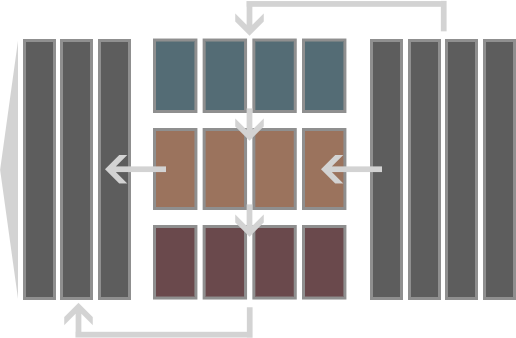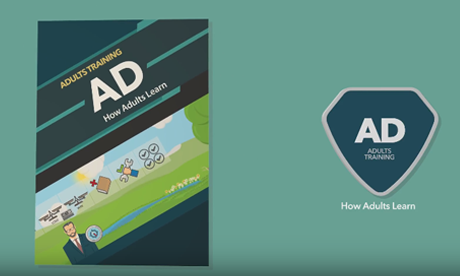How Adults Learn
Course Code AD
Duration 3 Days / 24 Hours
Fees 1290 $
Introduction
This program provides you with many techniques that help you to communicate with adults and establish your credibility as a professional trainer, which helps you to exceed their expectations. You will also be able to discover and implement the proven principles in adult learning that guarantee for you and for them the best use of your training programs.
Who is this program for?
For training professionals who want to learn how to teach adults and the relevant techniques in order to increase the effectiveness of training.
Program’s objectives
At the end of this program, each trainer will be able to:
- Apply Lindeman’s five key assumptions.
- Distinguish between the six assumptions of the pedagogic model.
- Distinguish between the six assumptions of the andragogy model.
- Commit to Rogers’ guidelines to help the adult facilitator in the course of his duty.
- Use the quintet matrix to diagnose performance problems.
- Implement the eight phases necessary to prepare the learning contract.
- Distinguish the competencies that the adult facilitator must possess.
- Implement a questionnaire by the adult’s self-learning style.
- Submit solutions to the twelve training problems that face beginner trainers.
- Use a model to develop the effectiveness of the staff at work.
- Increase the practice of content to the fullest extent possible.
- Encourage learners to participate and be engaged at work.
- Present the aimed feedback.
- Increase the attention span.
- Motivate learners.
- Encourage fun and a passion for work.
- Distinguish the learners’ learning styles.
- Choose his style and modify it.
- Implement nearly twenty tips to deal with anxiety.
- Maintain his energy with adults.
What You Will Learn?
Basics
Lindeman’s five key assumptions about adult learners.
How the pedagogic model places full responsibility on the teacher’s shoulders.
Rogers’ guidelines to help the adult facilitator in the course of his duty.
The five key assumptions of the pedagogic model.
The five key assumptions of the andragogy model.
The three-dimensional model developed by Knowles, Holton and Swanson.
The quintet matrix to diagnose performance problems.
Practical Applications
The eight phases necessary to prepare the learning contract.
The competencies the adult facilitator must possess.
Implementing a questionnaire by the adult’s self-learning style.
Implementing the model for teachers / trainers.
Submitting solutions to the twelve training problems that face beginner trainers.
Using a model to develop the effectiveness of the staff at work and in new environments.
Adult Learning Principles
Increasing the practice of content to the fullest extent possible.
Increasing the attention span.
Establishing cohesion among the group members.
Enhancing healthy competition.
Presenting the aimed feedback.
Taking into consideration individual needs.
Motivating learners.
Encouraging learners to participate and be engaged at work.
Encouraging fun and a passion for work.
Adult Facilitator
The session leader’s characteristics.
Distinguishing the learners’ learning styles.
Choosing your style and modifying it.
Implementing nearly twenty tips to handle anxiety.
How to maintain your energy with learners.



















































































































































































